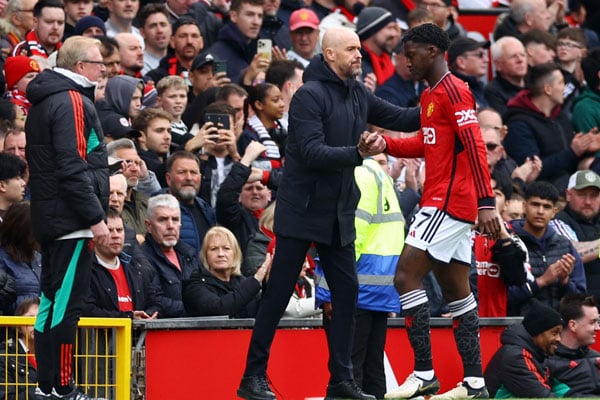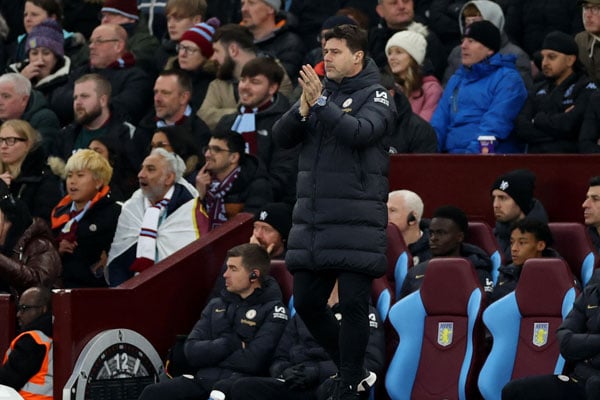Musisi was wrong about Kyambadde finding all he could hope for in pints

ROBERT MADOI
What you need to know:
Zziwa is so meticulous in his renderings that he recalls sunlight had given way to rain the day Majid Musisi's groundbreaking move from SC Villa to French outfit Stade Rennais was confirmed. His renderings, which usually have an almost schematic air, tend to evoke a vanished age—that of his youth.
Your columnist is honoured to have worked in the same newsroom with and later edited the work of Hassan Badru Zziwa. The veteran journalist always brings an incisive knowledge and affability about Ugandan sport. He particularly recounts tales about some—if not all—of Ugandan football's most bankable stars with genuine enthusiasm and welcome depth.
Zziwa is so meticulous in his renderings that he recalls sunlight had given way to rain the day Majid Musisi's groundbreaking move from SC Villa to French outfit Stade Rennais was confirmed. His renderings, which usually have an almost schematic air, tend to evoke a vanished age—that of his youth.
The enduring image I have of Musisi thanks in no small part to Zziwa is of an attacking player par excellence. Zziwa’s detailed information was revelatory if anything because—during the time he was in the limelight—Musisi both concealed and deflected passion.
I never watched Musisi in action, but narratives—both written and oral—about the great man amplified the impression yours truly had about him. So much so that when Uganda's record international goal scorer granted me an interview in 2005, I found it terribly difficult to balance a feeling of awe and decorum.
It did not help matters that Musisi poked fun at our (I conducted the interview with renowned sports journalist John Vianney Nsimbe) pronunciations of the Turkish clubs he turned out for. When we hopped out of Musisi's van, where the hour-long interview was conducted, our conviction was that our host was an imperious character with breezy manners that veiled a tough, glossy sense of power.
I was especially struck by how Musisi—with an unsettled air—responded to my question about his drinking problem. After a reaction that ranged from an indifferent shrug of the shoulders to mild consternation, Musisi described himself as a social drinker.
Then he swiftly went on the defensive. The pace at which he voiced his response barely had time to slacken.
Reference was made to Willy 'Jamil’ Kyambadde whose love for the bottle—Musisi reckoned—was anything but an impediment to his aspirations. Kyambadde would as per Musisi’s lived experiences turn on the style whenever he entertained the thought of enjoying small pleasures at a watering hole the night before a match.
“You need to take away the stress,” Musisi opined, recalling how minutes in a Cranes competitive match passed easily for Kyambadde a day after calming the nerves with a few bottles.
John and I were too young to push back on that rather flawed reasoning. Time has, thankfully, proved inexhaustible in offering lessons about the pangs of such guilty pleasures. It has exposed Musisi's reasoning as nothing more than an empty blast of sour breath.
A few days ago, the scale of the challenges alcoholism has visited upon Kyambadde came to light. The former Cranes midfielder was forced to examine his own unwillingness to ask for help after his drinking problem assumed ridiculous levels of misery import. So much for the hedonism that Musisi took great delight in back in 2005!
After recently spending three months in rehab, Kyambadde is hopeful that he can turn the corner. He, however, regrets that the beautiful game did not equip him with the life skills that come in handy during retirement. The good people at alcoholism rehab centres—whose work is full of defeat and other people's loss—are almost unanimous in the conclusion that boredom does more ill than good for recovering addicts.
To make matters worse, emotional repression and buried traumas maintain status-quo cultures of masculinity amongst male athletes. This adds to the allure of the bitter froth and its cousins, rich or poor. Yet despite its potentially disorienting affect being captured, officials in Uganda’s sports sub-sector still choose to look at alcoholism as a superfluous twist.
In fact, taking alcohol has been normalised. Coaches care less about pre-match mannerisms of players under their wing. All they want or at times expect is for whoever is entrusted to their care to be sober on matchday. But, as the lived experiences of Musisi and Kyambadde show, this box could be ticked and still not insulate the “social drinkers” in question from harm in the near future.




